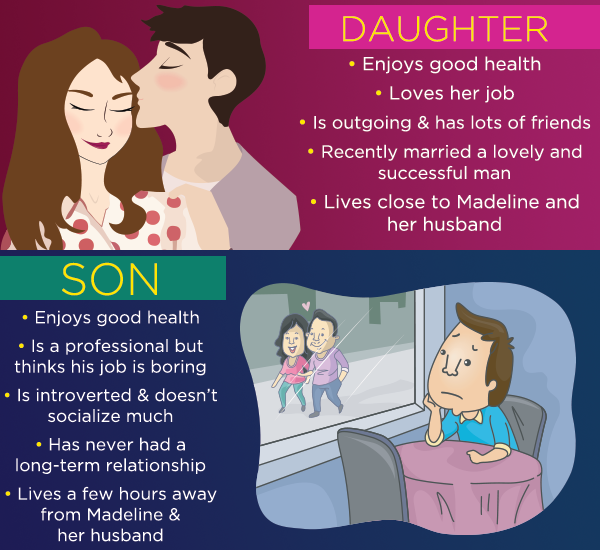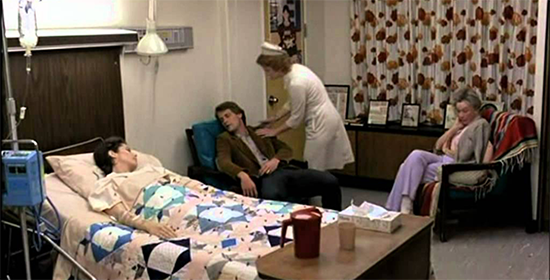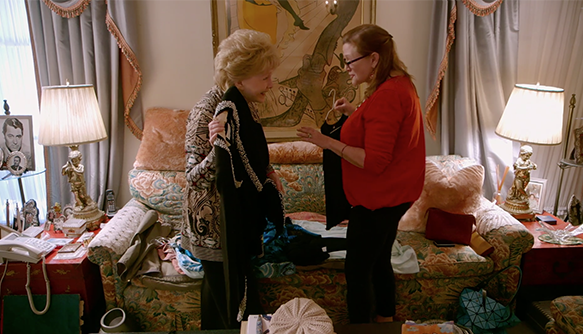“You’re only as happy as your least happy child!”
I’ve heard countless mothers quote this statement over the years, and although it’s nearly impossible to determine who came up with it, I think it’s one of the most insightful statements about motherhood ever uttered.
Madeline (not her real name), for example, was recently filling me in on her grown daughter and son.

Although Madeline is delighted about her daughter’s happiness, good job and successful marriage, she’s pretty much continually stressed about her son’s situation, especially his inability to forge a long-term relationship, no less get married! “He either likes women who aren’t interested in dating him, or vice versa,” she bemoaned. And Madeline’s stress washes out her joy.
What’s a mother to do?
One option is for Madeline to remain in a perpetual state of stress; another is to jump in and try to “fix” the problem, perhaps set up her son on dates or make countless suggestions on how he can make more friends and meet eligible women. Or, she can simply recognize that her son’s happiness rests in his own hands at this stage of his life, and that worrying 24/7 isn’t going to accomplish a thing. And, while Madeline might feel as if she’s doing something productive by playing matchmaker, it’s unlikely that strategy will do anything other than stress her–and her son–even more.
Yep, our hearts hurt when our children are hurting, emotionally, mentally, or physically, whether the “child” is 3 or 33. Who can forget the scene in the 1979 movie, Kramer vs. Kramer, when the little boy falls off the jungle gym and cuts open his face, and his dad (played by Dustin Hoffman) scoops him into his arms and frantically runs through the streets of Manhattan to get to the hospital ER? Or, when a mother (played by Shirley MacLaine) tends to her dying daughter (Debra Winger) in the 1983 movie, Terms of Endearment.

We’re mothers. When all is not right in our “kids’” worlds, isn’t it our job to help? Yes, and no!
Yes, when our help can be truly meaningful. No, when our “help” is an effort to make ourselves happier. It may be tough to separate the two, but most any mother reading this knows the difference.
So many mothers are faced with having to help their grown children in significant ways, especially those involving health. But probably the best thing to do for a 30-something, introverted man who can’t figure out how to meet the woman of his dreams is to think of the big picture and recommend a good psychologist.
I watched Bright Lights this past weekend, the HBO documentary about Debbie Reynolds and her daughter Carrie Fisher. As Debbie became frailer, Carrie had become like a mother to her in some ways. Debbie, on the other hand, always was aware of Carrie’s vulnerabilities, especially when she became a woman. The two apparently enjoyed a remarkably close relationship. “No one knew what was going on with Carrie (she was manic depressive starting in her teens). So it’s a constant battle. It takes all of us to assure her that she is loved and that we’ll get her. That’s the hardest part,” Debbie said, beginning to cry.

Debbie died one day after her daughter succumbed to a heart attack. Debbie’s son, Todd Fisher, told The Hollywood Reporter that his mom “didn’t want to leave Carrie and did not want her to be alone.” Debbie “didn’t die of a broken heart,” but willfully “left to be with Carrie,” he added. I believe that’s exactly what she did.

